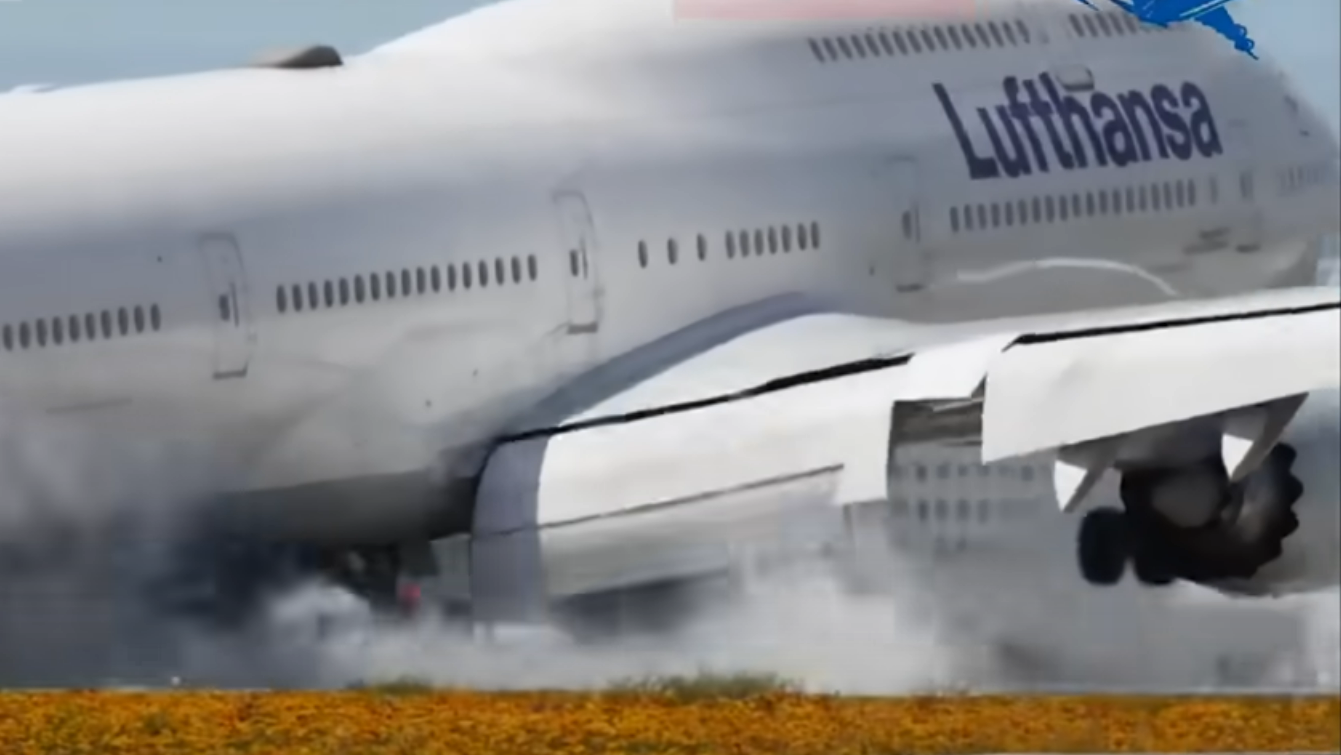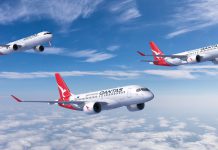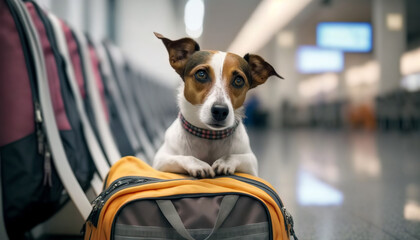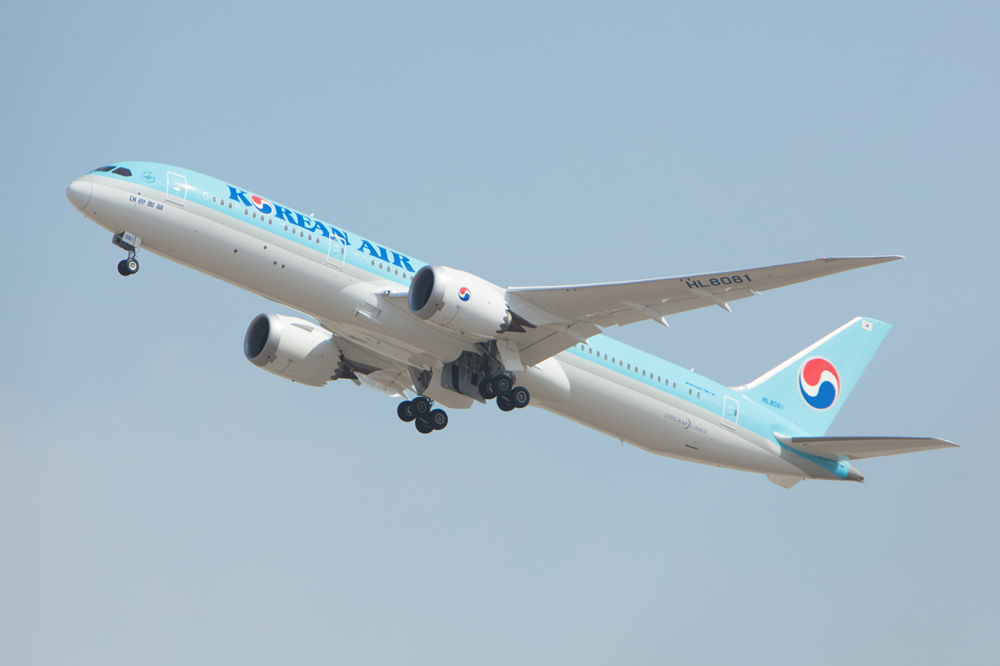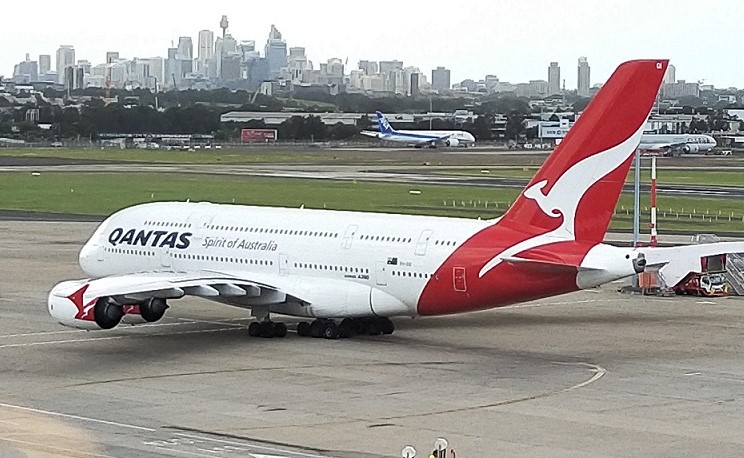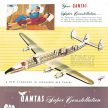Qantas has announced that the head of its international division will leave in two weeks time.
An announcement about the abrupt departure of Qantas International chief executive Alison Webster was made to the Australian Stock Exchange Thursday in a brief statement.
No reason was given but an airline spokesman said it was Webster’s decision.
Webster, who has held the position for 18 months, will leave on April 24 and will be replaced by former Qantas International chief financial officer Narendra Kumar.
Kumar is a 22-year Qantas veteran who has been overseeing planning for changes to the airline’s long-haul fleet. He was Qantas International chief financial officer for six years and the COO of QantasLink for 12 years.
The airline said he would act in the role until a permanent appointment was made.
READ: Boeing 747-8F to join Qantas Freight
Webster, who joined the Flying Kangaroo in 2004, took the helm at Qantas International as part of a reshuffle 18 months ago in which she was seen to be the biggest winner.
She had previously been running Freight, Catering & Airports and had expressed interest in replacing group chief executive Alan Joyce.
She took over from Gareth Evans, who moved to take the reins at low-cost subsidiary Jetstar.
Then Jetstar chief executive Jayne Hrdlicka was moved to the loyalty and digital ventures division but left the company shortly afterward. She was replaced by former corporate affairs head Olivia Wirth.
Webster’s departure comes at a busy time for Qantas International.
It is phasing out Boeing 747s, boosting the number of Boeing 787 Dreamliners and looking at ultra-long haul aircraft such as the Boeing 777X and Airbus A350 to underpin future operations.
The unit had been profitable in recent years after a string of losses and earnings increased by 7 percent in 2018.
Higher fuel prices saw International’s earnings fall from $A224mto $A90m in the first half of the 2018-19 financial year.
The airline attributed the 60 percent fall in earnings to a $A219 rise in fuel costs.
However, revenue was up 6.7 percent and International’s seat factor rose 1.1 points to 85.5 percent.
In a note to staff, Joyce wished Webster well.
“There is a lot of positive momentum in Qantas International at the moment, as there is across the Group, and I appreciate everyone’s continued hard work to support this,” he said.


